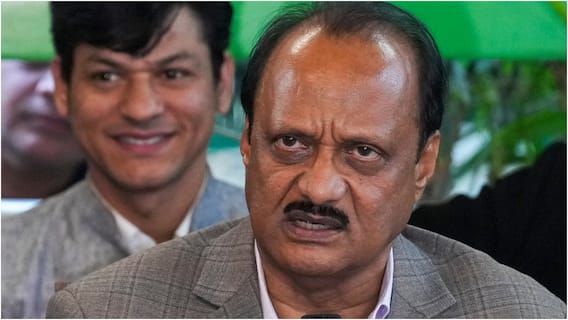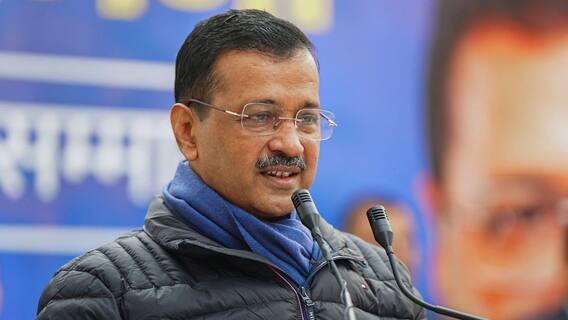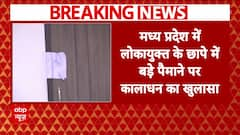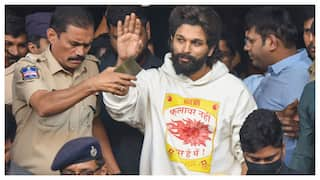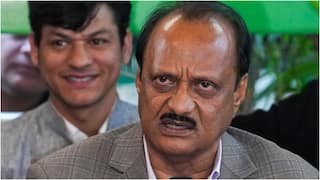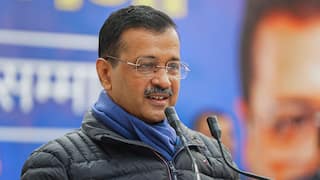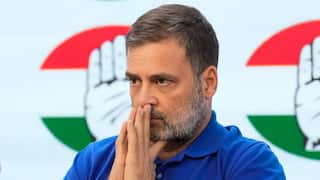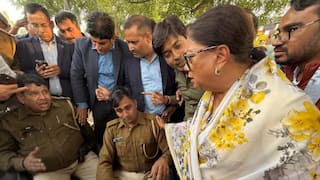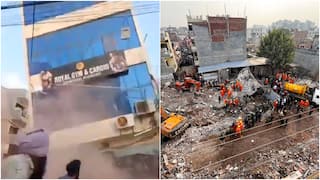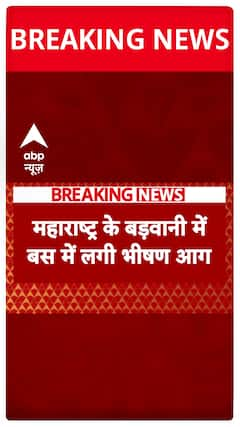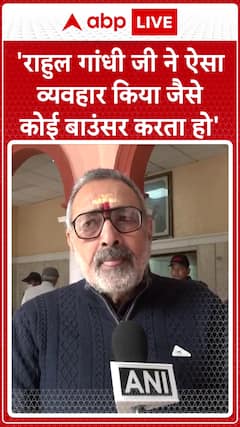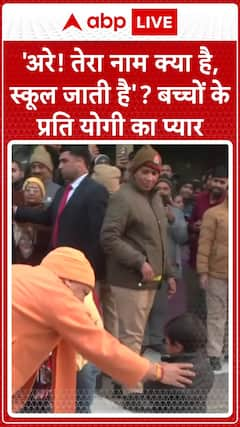Bangladesh Protests: 'Cursed' August? 50 Yrs After Sheikh Mujibur Rahman's Killing, Daughter Hasina Forced To Flee
Sheikh Hasina Flees Bangladesh: Awami League and Hasina had been the target of protests that started as a student movement against the government quota in jobs granted to freedom fighters' families.

Bangladesh News Updates: Sticks, Bullets, and Threats. The Awami League government used almost all its weapons to put down the student protest. But the last line of defence broke in Bangladesh.
Protests led to Sheikh Hasina's forced resignation as prime minister and her departure from Bangladesh. Incidentally, it was another August, almost 50 years ago, that ended the reign of Sheikh Mujibur Rahman, Hasina's father, known as Bangabandhu.
On August 15, 1975, Sheikh Mujibur Rahman and his family were murdered in their own house. Hasina and her sister, Sheikh Rehana, survived because they were out of the country.
Half a century later, on August 5, both sisters had to leave Bangladesh.
Mujibur Rahman, The Father Of The Nation
On March 7, 1971, Mujibur Rahman made a historic speech at the Ramnay Race Course Maidan in Dhaka, just days before Bangladesh became an independent nation. "You can't keep us in control anymore," he had said.
He was largely credited with the success of the movement, starting with a student protest fighting for mother tongue, Bangla, which led to the creation of Bangladesh, that was East Pakistan then.
Ironically, Hasina's ouster is a result of another student-led protest, which also saw some demonstrators bring down the statue of Mujibur Rahman, called the "father of the nation" in Bangladesh.
According to some political observers in Bangladesh, Hasina had tried to suppress the students' movement but could not succeed.
Bangladesh Unrest: What Caused The Protests
Protests against Hasina and her Awami League party are a result of what began as a student movement against reservation given to family members of freedom fighters in government jobs.
Hasina's resignation soon became their top demand, as the government accused the now-banned Jamaat-e-Islami and the Bangladesh Nationalist Party (BNP) of instigating the unrest. The nationwide unrest resulting from the mass uprising intensified after a particularly violent weekend that claimed hundreds of lives.
In response to the growing protests in capital, Dhaka, Prime Minister Sheikh Hasina resigned and left the country.
Controversy: Bangladesh Job Quota
Bangladesh became an independent nation following the war of 1971. Sheikh Mujibur Rahman had vowed to bring justice to those who had suffered at the hands of Pakistani military personnel who committed atrocities. He decided to establish a quota system for freedom fighters who took part in the war.
In addition to the freedom fighters, Mujib also provided reservation to the women who had been subjected to torture at the hands of Pakistani soldiers.
The quota system was expanded to include underrepresented regions of the nation following the assassination of Sheikh Mujib. Liberation fighters, women, underdeveloped areas, and ethnic minorities or tribes were all included in Bangladesh's flexible and changing quota system.
How The Quota System Was Abused
As the number of freedom fighters decreased over time, the quota system was occasionally underutilised, opening the door to potential abuse. Critics say reservation should have been granted to "mukti-joddhas (freedom fighters)" as long as they were young and looking for work.
After the mukti-joddhas passed away, their offsprings were granted reservation in jobs. Now, the new quota system was to benefit their grandchildren. There were rumours that the quota was occasionally extended to Hasina's Awami League party workers when the families were unavailable.
Hasina and the Awami League have long dominated Bangladesh's political system. Opposition parties and critics have increasingly expressed the opinion that the freedom fighter quota was essentially an attempt to cultivate a group of close Awami League supporters within the civil service or bureaucracy who would uphold the Awami League's rule. This is among the primary reasons behind the students' protests that eventually led to the ouster of Sheikh Hasina.
Trending News
Top Headlines







